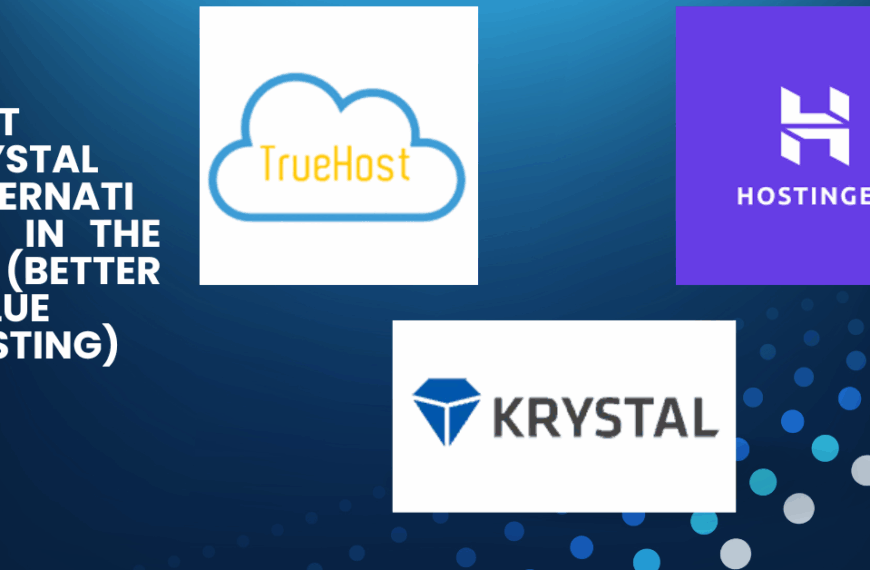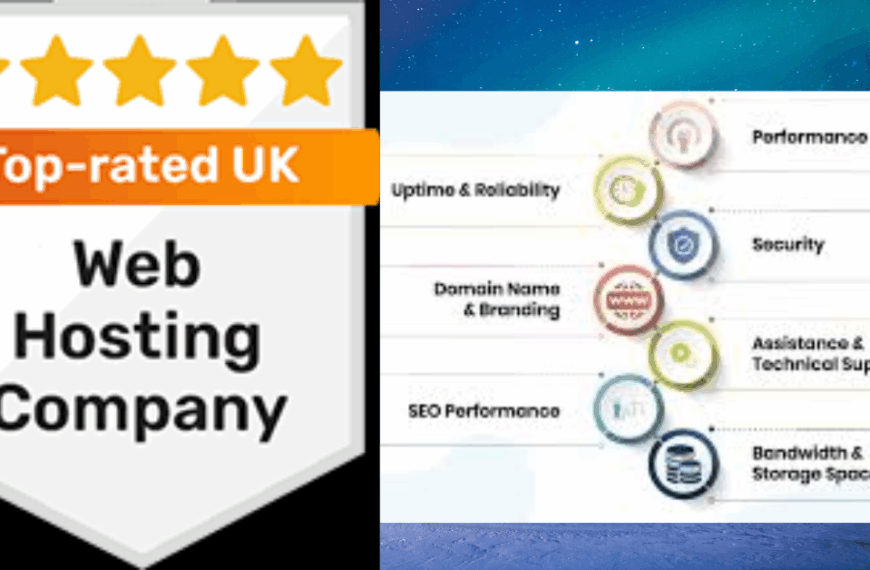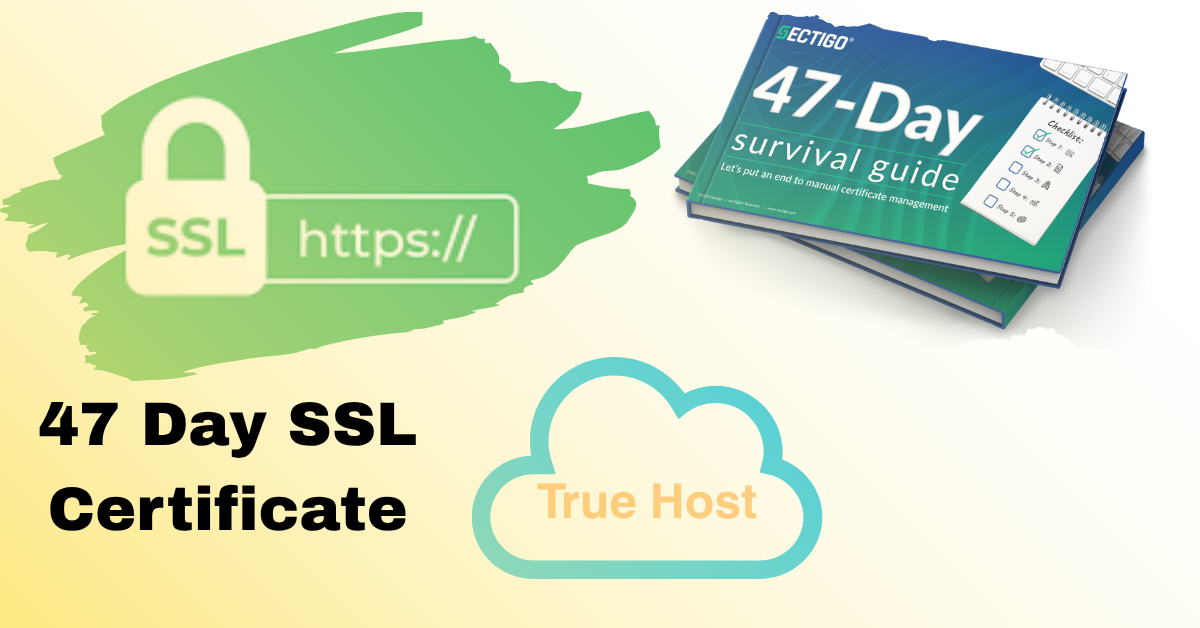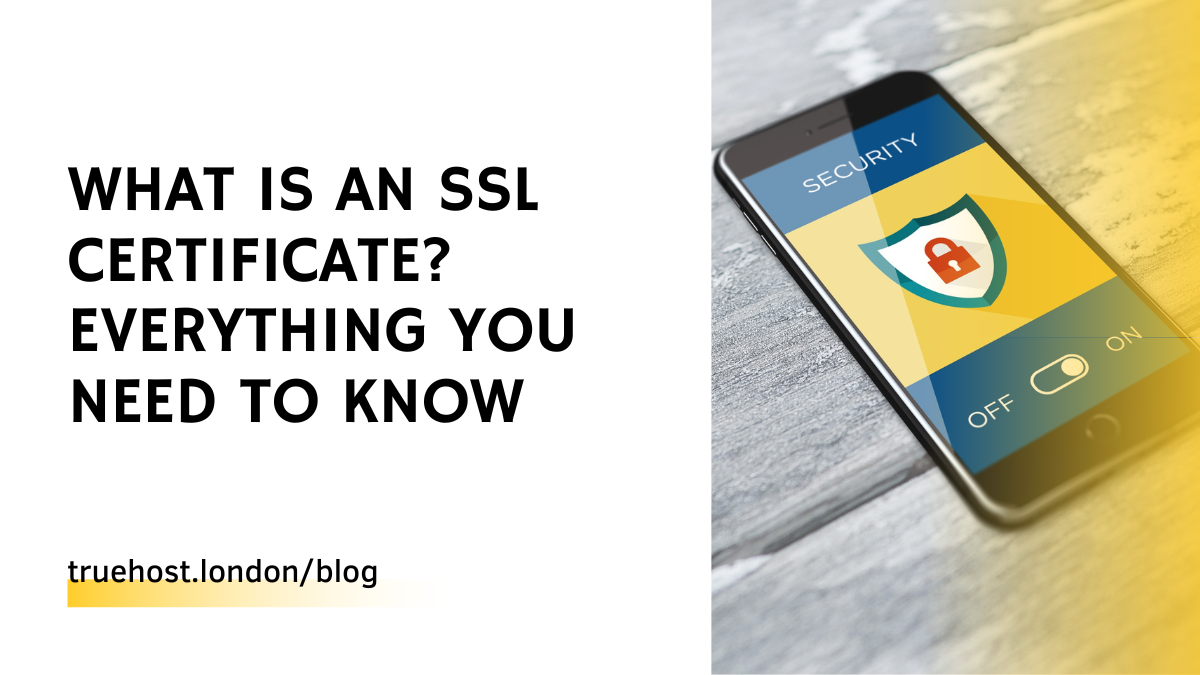Last updated on November 23rd, 2025 at 08:04 pm
SSL automation has become the cornerstone of modern web security management for British businesses. Gone are the days when IT teams scrambled at 2 AM because an SSL certificate expired unexpectedly.
You know what’s interesting? Most website outages aren’t caused by server failures or traffic spikes. They’re caused by something far simpler—expired SSL certificates.
This happens more often than you’d think. Even major companies have fallen victim to this preventable problem.
Ready to implement SSL automation for your UK business? TrueHost UK offers comprehensive SSL management solutions that eliminate downtime and reduce operational costs.
Why SSL Automation Matters for UK Businesses
Manual SSL management is like trying to remember every birthday without a calendar. Eventually, you’ll forget one.
British businesses face unique challenges when managing SSL certificates. GDPR compliance makes SSL lapses more costly than ever before.
The Hidden Costs of Manual SSL Management
Let me paint a picture for you. Your website goes down on a Friday evening because an SSL certificate expired.
Your IT team rushes to fix it. They work overtime. Weekend and other extra rates apply.
That’s just the immediate cost. What about the lost sales? The damaged reputation? Customer trust takes years to build but seconds to lose.
Here’s what manual SSL management really costs UK businesses:
- Time Investment: 2-4 hours per certificate renewal
- Emergency Fees: £200-500 for weekend emergency renewals
- Lost Revenue: Average £5,000 per hour for e-commerce sites
- Reputation Damage: Impossible to quantify but incredibly real
Compliance and Security Requirements in the UK
The General Data Protection Regulation (GDPR) changed everything for UK businesses. SSL certificate lapses now carry potential regulatory consequences.
The Information Commissioner’s Office (ICO) expects businesses to maintain continuous encryption. Certificate expiry breaks this chain of protection.
Industry regulations make this even more complex. Financial services, healthcare, and e-commerce face stricter requirements.
Your customers notice these lapses immediately. Browser warnings destroy confidence faster than any competitor could.
Understanding SSL Certificate Lifecycle Management
Traditional SSL certificate management feels like juggling while blindfolded. You’re managing multiple certificates across different domains and subdomains.
Each certificate has its own renewal schedule. Different providers have different requirements. Some need domain validation, others require extended validation.
The Traditional SSL Certificate Journey
Picture this typical scenario. You purchase an SSL certificate from a provider. Someone manually installs it on your server.
Months pass. Life gets busy. Then suddenly, certificate expired.
The traditional process involves:
- Purchase: Buying certificates individually from providers
- Validation: Proving domain ownership manually
- Installation: Configuring certificates on servers
- Monitoring: Remembering renewal dates (or trying to)
- Renewal: Repeating the entire process
Common Pain Points in Manual Processes
Manual certificate management creates bottlenecks everywhere. Your development team can’t deploy quickly because certificate updates require manual intervention.
Multi-domain certificates become nightmares. Wildcard certificates help but don’t solve everything.
Different certificate authorities have different renewal processes. What works for one provider fails for another.
When SSL Automation Becomes Essential
Honestly, there’s a tipping point where manual management becomes impossible. That point arrives sooner than most businesses expect.
If you manage more than five certificates, automation pays for itself. If you deploy frequently, manual processes slow everything down.
Growing businesses hit this wall hard. Scaling from ten to fifty certificates manually? Good luck with that approach.

Core Technologies Behind SSL Automation
SSL automation relies on several key technologies working together. Think of it as an orchestra where each instrument plays its part perfectly.
The ACME protocol changed everything. It standardised how certificates get issued and renewed automatically.
1) ACME Protocol and Let’s Encrypt Integration
ACME stands for Automatic Certificate Management Environment. It’s the magic that makes SSL automation possible.
Let’s Encrypt revolutionised certificate issuance by providing free certificates through ACME. They’ve issued over three billion certificates since 2016.
The protocol works through domain validation challenges. Your server proves it controls the domain automatically.
No human intervention required. The entire process happens behind the scenes.
2) Certificate Management APIs and Tools
Modern certificate authorities provide APIs for everything. Sectigo, DigiCert, and GlobalSign all support programmatic certificate management.
These APIs handle the heavy lifting:
- Certificate ordering and issuance
- Domain validation automation
- Bulk certificate management
- Automated renewals and notifications
Popular tools have emerged around these APIs. Certbot leads the open-source space. Commercial platforms like Venafi serve enterprise needs.
3) Monitoring and Alert Systems
Automation without monitoring is like driving blindfolded. You need visibility into your certificate landscape.
Modern monitoring systems track:
| Monitoring Feature | Benefit |
|---|---|
| Expiry Tracking | 30, 15, 7-day warnings |
| Certificate Health | Validation status monitoring |
| Installation Verification | Confirms proper deployment |
| Chain Validation | Ensures complete trust chain |
Multi-channel alerts prevent surprises. Email, Slack, SMS—whatever works for your team.
4) Deployment Automation Technologies
Getting certificates issued is only half the battle. You still need to deploy them properly.
Load balancers, CDNs, and application servers all need certificate updates. Automation handles this coordination seamlessly.
Container environments make deployment easier. Kubernetes operators can manage certificate lifecycles automatically.
Cloud platforms provide native solutions. AWS Certificate Manager, Azure Key Vault, and Google Cloud Certificate Manager integrate deeply with their respective ecosystems.
Implementing SSL Automation
Implementation doesn’t have to be overwhelming. Start small and expand gradually.
Most UK businesses begin with their primary website. Once that’s working smoothly, they expand to other properties.
i) Pre-Implementation Assessment
Before jumping in, take inventory of what you have. List every certificate across all your properties.
Document your current renewal processes. Who handles what? When do certificates expire?
Identify your pain points specifically. Where do delays happen? Which certificates cause the most headaches?
Create a priority list. Start with certificates that renew most frequently or cause the most operational disruption.
ii) Choosing the Right SSL Automation Solution
Small UK businesses have different needs than large enterprises. Your solution should match your scale and complexity.
For Small UK Businesses:
Cost matters. Let’s Encrypt provides free certificates that work perfectly for most websites.
Certbot offers the simplest implementation path. Most hosting providers support it directly.
Managed hosting solutions often include SSL automation. This removes technical complexity entirely.
For Enterprise Organizations:
Scalability becomes paramount. You need solutions that handle hundreds or thousands of certificates.
Integration matters more. Your SSL automation should work with existing security tools and workflows.
Audit trails become essential. Compliance teams need visibility into certificate operations.
iii) Implementation Best Practices
Never implement SSL automation on production systems first. Test everything in staging environments.
Start with non-critical certificates. Build confidence before automating business-critical systems.
Plan for rollback scenarios. What happens if automation fails? How quickly can you revert to manual processes?
Document everything. Your future self (and colleagues) will thank you.
iv) Common Implementation Challenges and Solutions
DNS validation trips up many implementations. Ensure your automation can update DNS records automatically.
Firewall configurations often block ACME challenges. Plan network changes alongside certificate automation.
Certificate format compatibility causes headaches. Some applications require specific formats (PEM, PKCS12, etc.).
Here’s how to address these challenges:
- DNS Issues: Use DNS providers with API support
- Firewall Problems: Whitelist ACME challenge ports (80, 443)
- Format Problems: Choose tools that support multiple output formats
Top SSL Automation Tools for UK Businesses
The SSL automation landscape offers options for every situation. From free open-source tools to enterprise platforms.
Your choice depends on scale, complexity, and integration requirements.
Open Source Solutions
Certbot remains the gold standard for Let’s Encrypt integration. It’s free, well-documented, and widely supported.
acme.sh offers more flexibility than Certbot. It supports more certificate authorities and deployment methods.
Custom scripts work for unique situations. APIs from certificate authorities make this approach viable.
Commercial Automation Platforms
TrueHost UK provides managed SSL automation that eliminates implementation complexity for UK businesses.
Venafi serves large enterprises with complex certificate landscapes. Their platform handles policy enforcement and compliance reporting.
Sectigo Certificate Manager automates their certificate products specifically. Deep integration with their validation processes.
Cloud Provider Native Solutions
AWS Certificate Manager handles certificates for AWS services automatically. Free for AWS-hosted applications.
Azure Key Vault integrates certificates with other security services. Particularly strong for Microsoft-centric environments.
Google Cloud Certificate Manager focuses on Google Cloud Platform integration. Handles both managed and self-managed certificates.
| Platform | Best For | Key Strength |
|---|---|---|
| AWS ACM | AWS Infrastructure | Seamless AWS Integration |
| Azure Key Vault | Microsoft Environments | Security Service Integration |
| GCP Certificate Manager | Google Cloud | Simplified Management |
ROI of SSL Automation for UK Companies
Measuring SSL automation success goes beyond uptime metrics. You’re tracking operational efficiency and risk reduction.
The math works in automation’s favour quickly. Most UK businesses see positive ROI within six months.
Key Performance Indicators
Track these metrics to demonstrate automation value:
- Incident Reduction: Certificate-related outages should drop to zero
- Time Savings: Hours saved per certificate renewal
- Process Efficiency: Deployment speed improvements
- Error Rates: Reduction in certificate-related mistakes
Cost-Benefit Analysis for UK Businesses
Let’s break down real numbers. A typical UK business spends £150-300 per certificate renewal when done manually.
That includes:
- Staff time (2-4 hours at £50-75/hour)
- Emergency fees (potentially £200-500)
- Opportunity cost of delayed projects
SSL automation typically costs £50-200 per month for comprehensive solutions. The savings add up quickly with multiple certificates.
Long-term Strategic Benefits
Automation enables faster deployment cycles. Your development team can focus on features instead of certificate management.
Security posture improves dramatically. No more expired certificates creating vulnerabilities.
Scalability becomes effortless. Adding new domains or services doesn’t increase operational overhead proportionally.
Ready to calculate your SSL automation ROI? Contact TrueHost UK for a personalised assessment of your potential savings.
The Future of SSL Management
SSL automation continues evolving rapidly. Certificate transparency logs provide better visibility into certificate ecosystems.
Shorter certificate lifespans are coming. Google and other browser makers are pushing for 90-day certificates. This makes automation essential, not optional.
Integration with DevOps pipelines becomes tighter. Infrastructure as Code includes certificate management naturally.
Machine learning will predict certificate issues before they occur. Proactive management replaces reactive responses.
Making the Move
SSL automation isn’t just about technology—it’s about operational maturity. UK businesses that embrace automation gain competitive advantages through reliability and efficiency.
Start small. Choose one certificate for automation. Learn the process. Build confidence.
Expand gradually. Add more certificates as your comfort level grows. Document lessons learned.
Plan for scale. Even if you only have a few certificates today, design for tomorrow’s growth.
The cost of inaction keeps rising. Certificate management complexity grows with every new domain, subdomain, and service.
Your customers expect always-on availability. SSL automation helps deliver that expectation consistently.
Don’t let expired certificates be the reason customers lose trust in your business. The solution exists—it’s time to implement it.
Read Also:
 Domain Search
Domain Search Whois Lookup
Whois Lookup Domain Transfer
Domain Transfer All Domains
All Domains Web Hosting
Web Hosting Email Hosting
Email Hosting Reseller Hosting
Reseller Hosting Windows Hosting
Windows Hosting cPanel Hosting
cPanel Hosting VPS Hosting
VPS Hosting Managed VPS Hosting
Managed VPS Hosting Dedicated Server
Dedicated Server SSL Certificates
SSL Certificates All SSL
All SSL






